In today’s fast-paced world, ensuring access to affordable medical testing and treatment is of paramount importance. Unfortunately, healthcare costs can often be a significant burden for many individuals and families.
However, the good news is that there are various affordable options available that can provide quality care without breaking the bank.
In this blog, we will explore these options and shed light on how individuals can access essential medical services without compromising their financial well-being.
Community Health Clinics Serve Low-Income Individuals
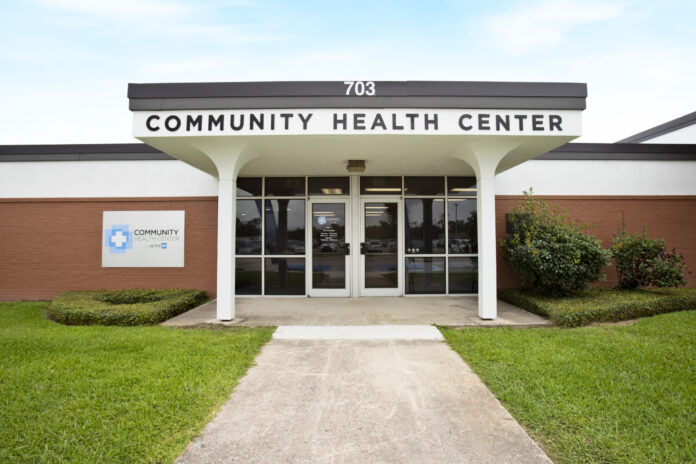
Community health clinics are a lifeline for low-income individuals, offering essential medical services to those who might otherwise be unable to afford them.
These clinics are often located in underserved areas, ensuring that even the most vulnerable members of society have access to quality healthcare.
The services provided at community health clinics are comprehensive, ranging from routine check-ups and preventive care to chronic disease management and minor surgical procedures.
Moreover, these clinics play a crucial role in promoting health awareness and education within their communities. They conduct outreach programs to raise awareness about preventive measures, healthy lifestyle choices, and disease management.
By actively engaging with the community, they empower individuals to take control of their health and make informed decisions about their well-being.
Government-Sponsored Health Insurance Programs
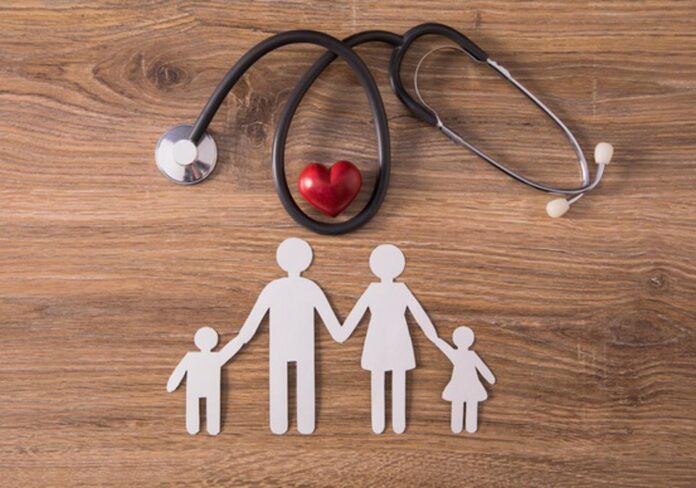
Government-sponsored health insurance programs have played a pivotal role in bridging the coverage gap and ensuring that healthcare is accessible to all citizens, irrespective of their financial status.
These programs are designed to cater to specific groups, such as low-income families, elderly individuals, and people with disabilities.
By providing subsidized or free insurance plans, they alleviate the financial burden associated with medical testing and treatment.
Moreover, government-sponsored insurance programs often prioritize preventive care and early intervention, which can lead to cost savings in the long run.
By promoting regular check-ups and screenings, these initiatives can help identify health issues at an early stage when treatment is more effective and less expensive.
By investing in preventive measures, governments can improve overall public health and reduce the strain on healthcare resources.
Telemedicine Services
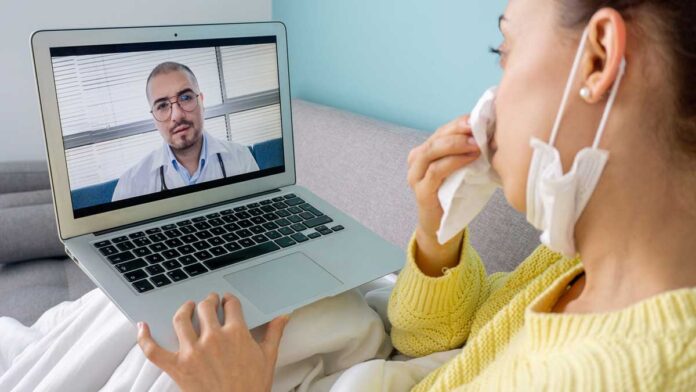
Telemedicine has emerged as a transformative force in the realm of affordable healthcare, breaking down geographical barriers and bringing medical expertise to the fingertips of patients.
This innovative approach has proven to be particularly beneficial for individuals residing in remote or rural areas, where access to medical facilities may be limited. It’s now possible to get comprehensive online UTI treatment, strep treatment, and more. Not only does telemedicine save patients time and money, but it also reduces the burden on healthcare systems.
By enabling patients to seek advice and treatment without physical visits, telemedicine helps manage patient flow efficiently, freeing up resources for more critical cases.
Additionally, telemedicine has been instrumental in reducing healthcare disparities, as it enables marginalized populations to connect with specialists who may be located in distant urban centers.
Generic Medications
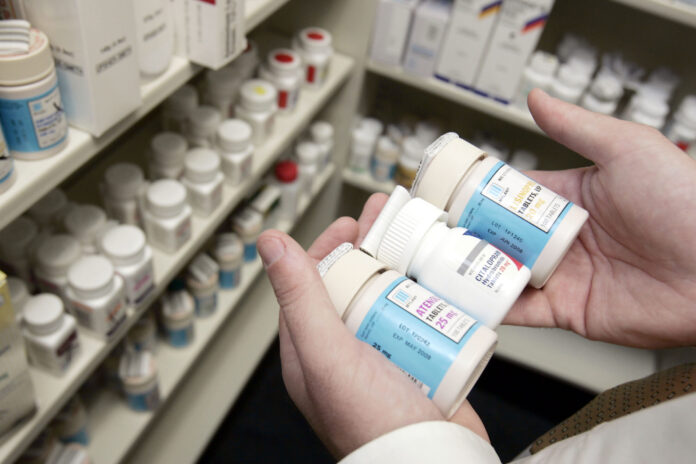
Generic medications offer a budget-friendly alternative to expensive brand-name drugs, providing patients with access to equally safe and effective treatments at significantly lower costs.
These medications undergo rigorous testing and adhere to the same quality standards as their brand-name counterparts. They are prescribed based on the same active ingredients and therapeutic effects, making them a reliable option for patients seeking affordable treatment.
Furthermore, the availability of generic medications fosters healthy competition in the pharmaceutical industry, driving down prices for all medications in the market.
This competitive landscape benefits consumers and encourages pharmaceutical companies to prioritize research and development of new, more cost-effective treatments.
Medical Research Studies
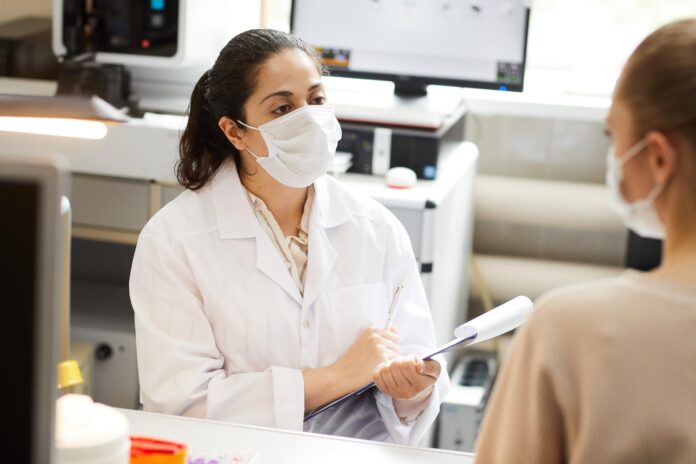
Participating in medical research studies not only offers individuals access to affordable treatments but also enables them to contribute to scientific progress.
Clinical trials provide patients with the opportunity to receive cutting-edge therapies that may not be widely available yet, especially for conditions with limited treatment options.
While joining a research study can be a beneficial and cost-effective option, individuals must approach it with caution.
Potential participants should thoroughly review the study’s protocols and discuss the potential risks and benefits with their healthcare providers. It is essential to be well-informed and aware of one’s rights as a research participant before enrolling in any clinical trial.
Negotiate Medical Bills

When faced with hefty medical bills, patients should remember that they have the right to negotiate and explore payment options that suit their financial situation.
Many healthcare providers understand the financial challenges patients may encounter and are open to working with them to establish manageable payment plans.
To successfully negotiate medical bills, patients should be proactive in communicating with their healthcare providers and billing departments. It’s essential to be transparent about one’s financial constraints and seek assistance when needed.
Additionally, some non-profit organizations and patient advocacy groups offer support and resources to individuals navigating the complexities of medical billing and financial assistance.
Non-Profit Organizations and Charitable Medical Services

Non-profit organizations and charitable medical services play a vital role in providing compassionate care to individuals who are facing financial hardships.
These organizations are often driven by a mission to serve the underserved and marginalized populations, ensuring that no one is denied essential medical services due to their inability to pay.
By leveraging donations, grants, and volunteer efforts, these organizations establish medical clinics, mobile healthcare units, and outreach programs that deliver free or low-cost medical testing and treatment to those in need.
The commitment of these organizations extends beyond providing immediate medical care. They also engage in health advocacy and community support, empowering individuals to address the root causes of health disparities and access resources for a healthier future.
The impact of such initiatives is immeasurable, not only in terms of physical well-being but also in the emotional relief and hope they bring to patients who find themselves in difficult circumstances.
By supporting these non-profit organizations and charitable medical services, we contribute to a more compassionate and inclusive healthcare system that leaves no one behind.
Conclusion
By embracing community health clinics, telemedicine, and even the power of negotiation, individuals can find a multitude of affordable solutions to their healthcare needs.
These options not only cater to different financial circumstances but also promote equal access to quality medical testing and treatment.
In fostering a society where healthcare is accessible to all, we not only improve individual well-being but also contribute to the overall health and prosperity of our communities.
Together, we can create a future where affordable healthcare is a reality for everyone.









